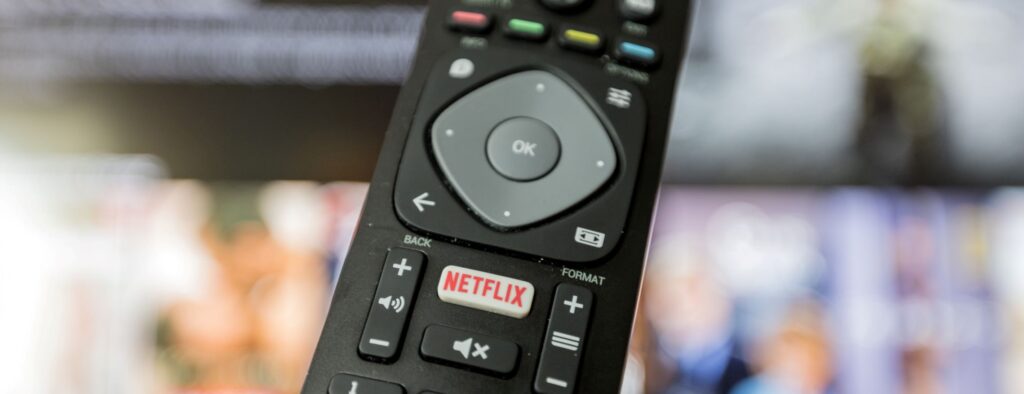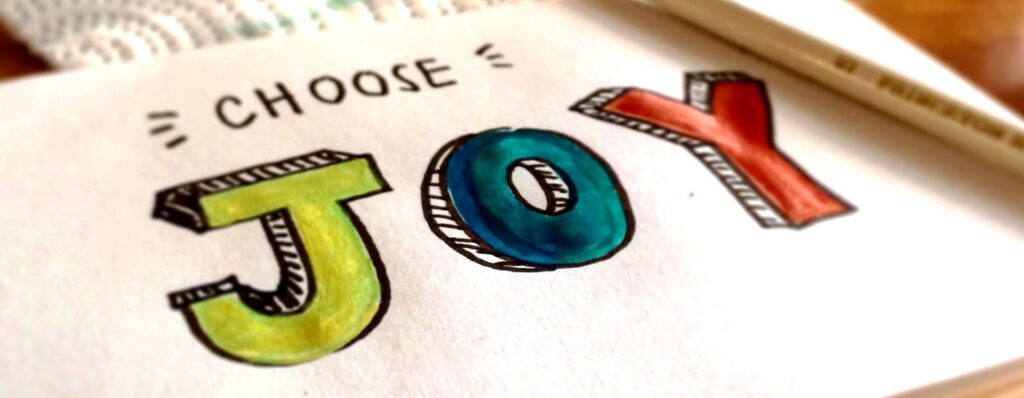In my last post I said Elijah cried out to the Lord for miracles, while Jesus just commanded.
But a passage in James 5 stands in clear contrast to the rest of the New Testament. Since it’s all the word of God, it’s all true. Apparent contradictions conceal deeper truths. What’s going on?
Here’s James 5:13-18
Is any one of you in trouble? He should pray. Is anyone happy? Let him sing songs of praise.
Is any one of you sick? He should call the elders of the church to pray over him and anoint him with oil in the name of the Lord. And the prayer offered in faith will make the sick person well; the Lord will raise him up. If he has sinned, he will be forgiven.
Therefore confess your sins to each other and pray for each other so that you may be healed. The prayer of a righteous man is powerful and effective.
Elijah was a man just like us. He prayed earnestly that it would not rain, and it did not rain on the land for three and a half years. Again he prayed, and the heavens gave rain, and the earth produced its crops.
This seems clear enough! However, in the rest of the New Testament, neither Jesus nor the disciples prayed for the sick. Jesus rebuked a fever; told the paralytic to pick up his mat; commanded Lazarus to come out. Peter told Aeneas to get up; Paul commanded a cripple to stand. They didn’t pray.
In the Old Testament, people DID pray for healing. Moses interceded for his sister Miriam’s leprosy. Elijah cried to the Lord for the widow’s dead son (see my last post.) That all changed.
Jesus launches the kingdom of God
Jesus preached it, lived it, demonstrated it, and then transferred it to us. He gave us the same Holy Spirit (John 20:22) and the keys (authority) of the kingdom (Matthew 16:19). The rules are different: under the old covenant, the promises came through obedience; under the new—by faith. We get what we believe.
James uses the example of Elijah because he believed, but Elijah didn’t have our kingdom privileges.
Are you righteous?
The prayer of a righteous man is powerful and effective. That seems to disqualify me! But righteousness isn’t what we DO. It’s what we HAVE. It’s a gift from God, received by faith. Jesus became sin to give us the righteousness of God (2 Corinthians 5:21). If we believe that, we are righteous. Therefore our prayers are powerful!
So what is this prayer offered by faith? It isn’t intercession! Stay with me.
Fig Tree Faith
Jesus said, Therefore I tell you, whatever you ask for in prayer, believe that you have received it, and it will be yours (Mark 11:24). Note the three tenses—ask is present; have received is past; will be yours is future.
If we ask with faith, it’s a done deal in heaven. The answer is on its way. This seems to mean intercession, but does it?
Jesus had just cursed the fig tree. It died overnight, and the disciples were astonished. “Rabbi, look!”
“Have faith in God,” Jesus answered. “I tell you the truth, if anyone says to this mountain, ‘Go, throw yourself into the sea,’ and does not doubt in his heart but believes that what he says will happen, it will be done for him” (Mark 11:22-23).
These are the key verses, which verse 24 is referring to.
- Our faith is in God, not what we say, or pray. It must be his will. We trust him to carry it out. We cannot.
- We say it TO the mountain, not pray it ABOUT the mountain.
- Go, throw yourself is a command, using kingdom authority.
- Does not doubt—no ifs or buts.
- Believes—not hopes. Hope knows God can. Faith knows he will.
Therefore the prayer offered in faith is a command. Of course, intercession isn’t wrong! But in the context of ministry such as James 5, we rebuke fevers, command demons to leave, forgive sins, and raise the sick person with kingdom authority.
(for more, see my books Authority, and Who’s in Charge Around Here?)








